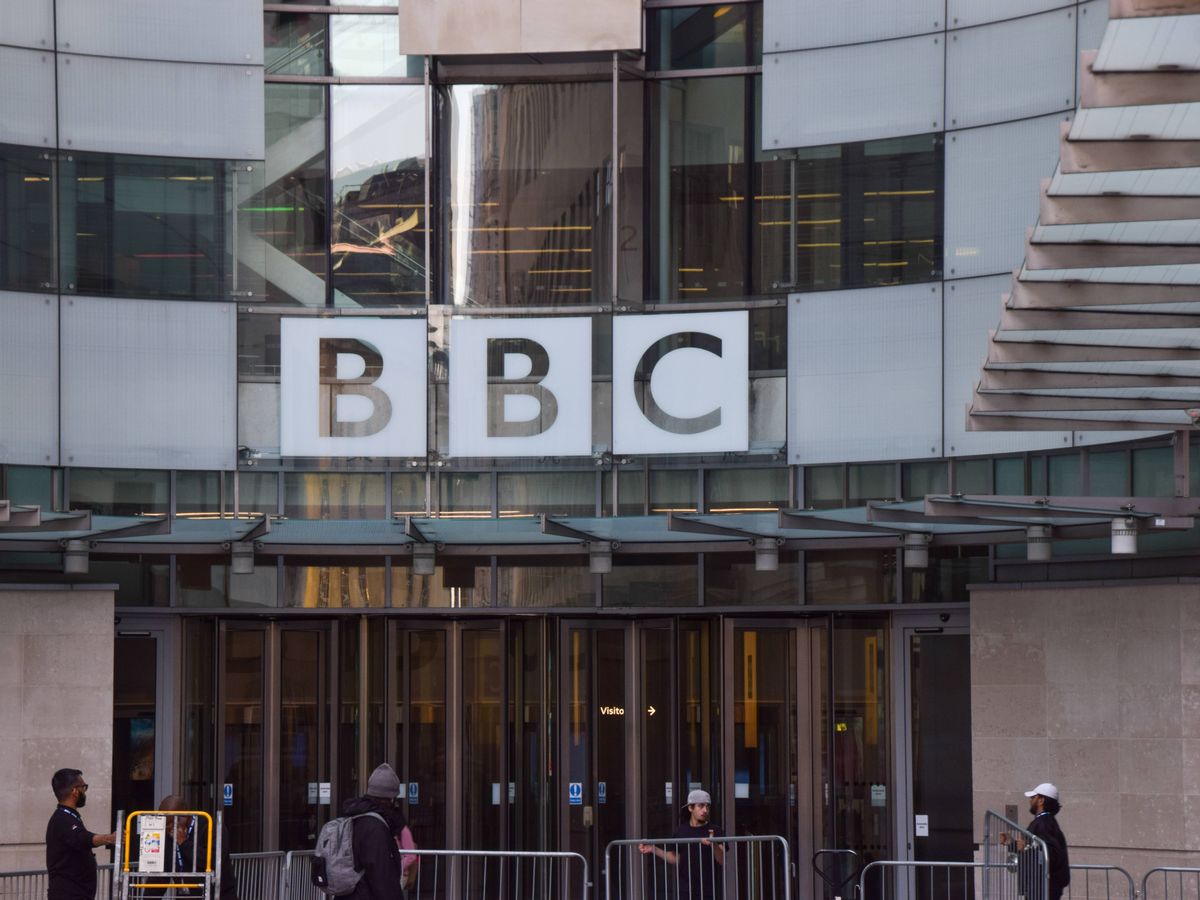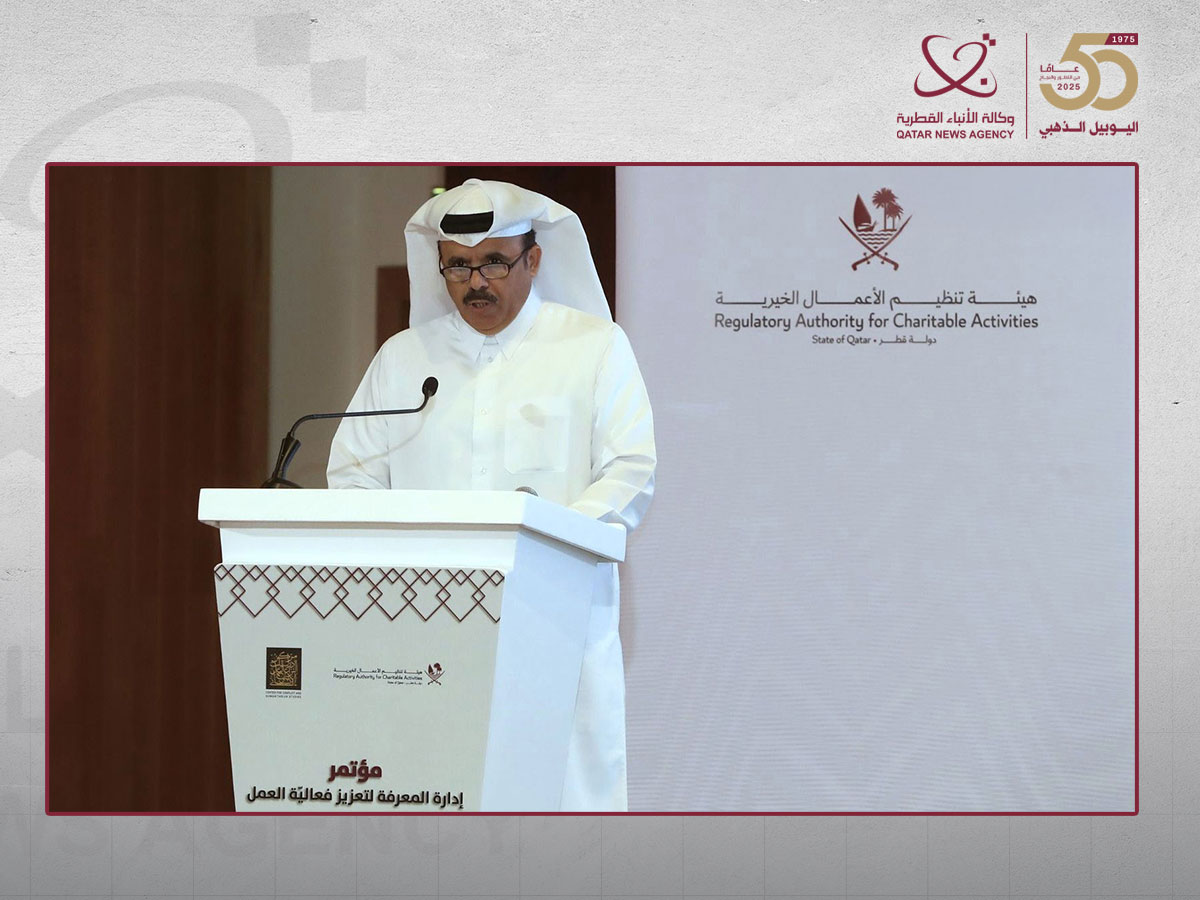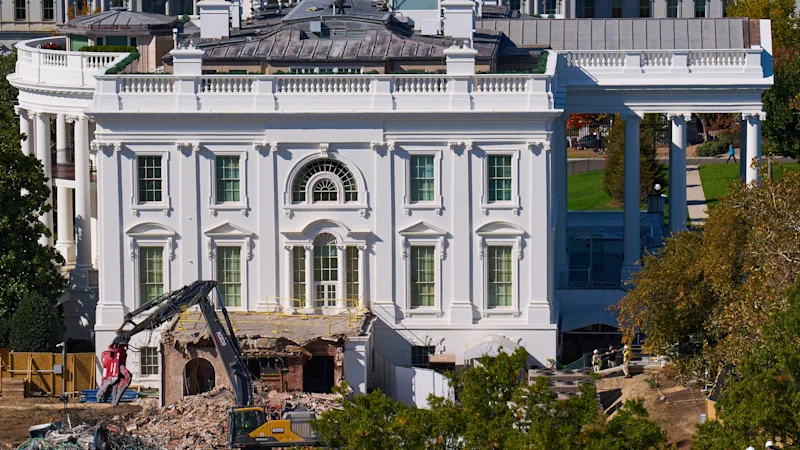Copyright mirror

Experts have predicted that the TV licence fee could rocket to £180 next year, according to calculations. Sky's Money blog suggested that the increase is likely to be based on the average Consumer Price Index (CPI) reading. In April 2025, the cost for a colour television licence rose to £174.50, an increase of £5 from the previous year. Several newspapers have speculated that the annual cost could reach £182 next year. The increase last year was based on the average CPI reading from October 2023 to September 2024, which stood at 2.96%. In November 2024, Culture Secretary Lisa Nandy confirmed that the government planned to use this calculation method for at least the next two years. Sky Money stated that based on new CPI data from October 2024 to September 2025 , the average across this 12-month period is 3.15%, which would result in the licence fee hitting £179.99. The Department for Culture, Media and Sport told Sky Money : "No final decision has yet been made on the exact level of next year's licence fee. We will set this out in due course." If the licence fee does hit £180, it could prompt more people to abandon their licences. In July this year, the BBC reported that an additional 300,000 households had stopped paying the licence fee. The corporation's annual report revealed that 23.8 million licences were in force at the end of the year, down from 24.1 million in 2023-24. This drop represents a loss of about £50 million in revenue for the BBC. This emerges as BBC chiefs and the Government have begun talks about the corporation's future and its funding structure, as part of the charter renewal process. Both sides have floated alterations to the licence fee. However, BBC top brass have attempted to dismiss shifting to an advertising-funded subscription model, which their digital rivals employ. Last month BBC chief Tim Davie supported prosecuting those who dodge the TV licence fee, after demands for decriminalisation. The director-general also maintained that its reporters operated "without fear or favour" following a poll revealing just over a third of the public considers the BBC "ineffective" at remaining independent from the Government. This week the BBC sparked controversy as a group of MPs penned a letter to the BBC's chairman requesting details about how a Donald Trump speech was edited in a Panorama episode. Dame Caroline Dinenage , chairwoman of the Culture, Media and Sport Committee, said the corporation faced "serious questions to answer" regarding a report alleging viewers were misled by a clip in the documentary Trump: A Second Chance? which aired the week before last year's US election. The programme stitched together footage from different parts of the US president's January 6 2021 address to suggest he told supporters he would march to the US Capitol with them to "fight like hell". The committee has requested BBC chairman Samir Shah outline what measures he will implement to tackle the specific concerns highlighted and has demanded a copy of the impartiality memo by Michael Prescott, a former external adviser to the BBC's editorial standards committee. House Of Commons Library statistics reveal that over 25,000 individuals were found guilty of dodging the £169.50 charge in 2024, with the vast majority being women. There have been mounting demands, including a public consultation in 2020 and a private member's bill currently under discussion, to decriminalise licence fee non-payment for over-75s, with some viewing it as an overly severe penalty. Mr Davie stated: "If people are evading the licence fee, it should be enforced. I support the current system, yes." He continued: "For the vast majority of people watching, who we're there to serve, and this is what we get when we talk to people, they'll say, we must make sure that those people who should be paying, are paying. That's fair." Mr Davie also declared that he has "never doubted" his capacity to helm the corporation, as its "Our BBC, Our Future" survey, released on Thursday, discovered that 38% of viewers polled believe the BBC is "ineffective" at remaining independent from the Government. When questioned about the most significant challenge the corporation has faced during his leadership, he responded: "I actually think the BBC's choice to maintain impartiality in a world that is so polarised. "It's weaponised, we've got lobbies everywhere, it's absolutely everyone trying to ascribe an agenda," he expressed. "If you make mistakes, it can impact trust, and I worry about that." He assured: "I can reassure everyone that we are independent editorially, we absolutely act without fear or favour."



